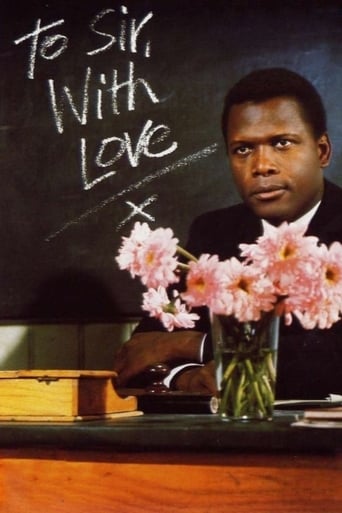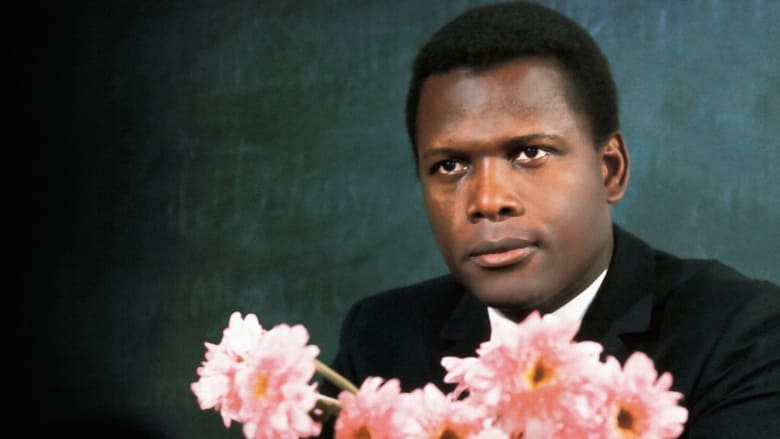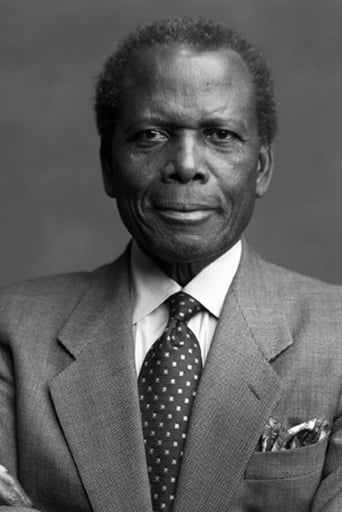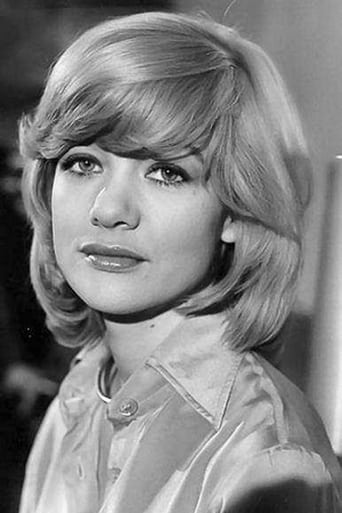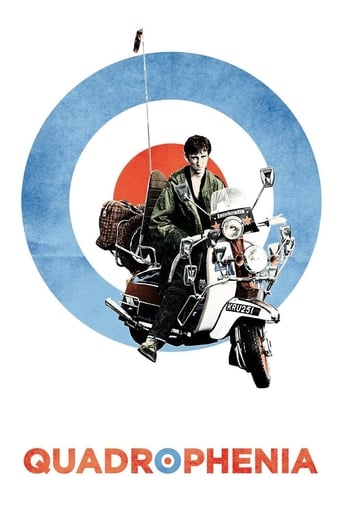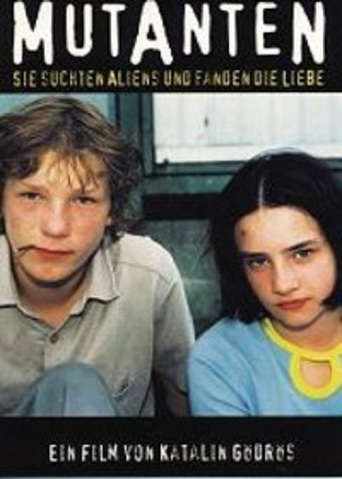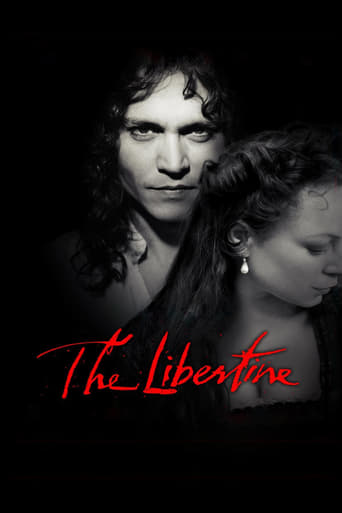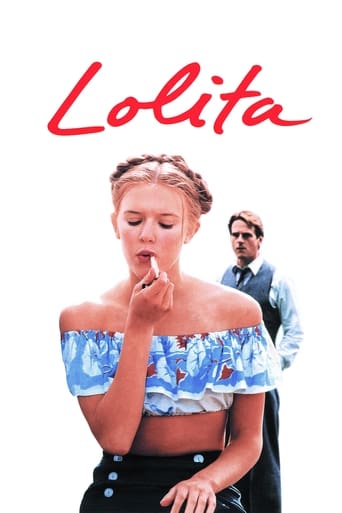To Sir, with Love (1967)
A British Guianese engineer starts a job as a high school teacher in London’s East End, where his uninterested and delinquent pupils are in desperate need of attention and care.
Watch Trailer
Cast


Similar titles
Reviews
I viewed this movie couple of days before and incidentally my first movie of Mr. Sidney Poitier. Now we are speaking about the period 1967 (49 years) – in the span umpteen films were released globally dealing this umbilical cord (teacher – student relationship). Without being biased, this film deserves appreciation and accolades. It pioneered in the field of speaking in subtlety two generations trying to find their foot with the changing times and values. Subjects conceived to be taboo discussed within the walls of the classroom. One element that needs reference is 'racism' – we speak in volumes even today and struggling to eliminate. Here it is addressed in a more mature fashion. Students had no problem in getting tutored by a 'black teacher' and sharing their problems. Teacher understands the implications of his identity. Taking a wreath to the funeral of their black class fellow's mother is unacceptable; they prefer to send it. The teacher never insisted – he attended the funeral and surprised to seek his entire classroom arrived prior to him. Here, humanity takes precedent than human made elements of caste, creed, culture etc.Now about Mr. Sidney Poitier whose works was oblivious to me was a treat to view. His character as an amateur teacher, taking teaching profession due to necessity not out of love for the job was an artistic narration. It left me awe-stuck, smiling and how easier he was able to think in a positive perspective. He broke the glass ceiling and enabled artists like Denzel Washington, Morgan Freeman, Samuel Jackson, and Will Smith to join the wagon. My thoughts go for the team for the technical and artistic crew for handling a sensitive subject half a century before.
I knew that the Australian-born novelist James Clavell also acted as a film scriptwriter, often adapting his own novels, but until I recently watched "To Sir, with Love" I had not realised that he was also a film director. This film, which marks his directing debut, was not based on one of his books but on an autobiographical novel by E. R. Braithwaite. "To Sir, with Love" is, along with "Goodbye Mr Chips", probably the best-known British entry in the "inspirational teacher" genre, but the two films are very different. Mr Chips was an elderly retired teacher looking back nostalgically at his long career. Mark Thackeray, the hero of this film, is not a career teacher but an unemployed engineer who only applies for a teaching position because he cannot find a job in engineering. Chips taught in a prestigious public school; Thackeray's job is at a secondary modern in the East End, a deprived working-class area of London.One thing that caused quite a stir in 1967, but which would not do so today, is the fact that Thackeray is black. (He is originally from what the film calls "British Guiana", although it had become independent as Guyana the previous year). His students are nearly all white, although today virtually all East End schools would have a sizeable number of pupils drawn from the black and other minority ethnic communities. Racial issues, however, play a relatively minor part in the film. One of Thackeray's less enlightened colleagues makes some insensitive remarks, but apart from that the only real hostility he experiences comes, surprisingly, from the only mixed-race pupil in his class, a boy who identifies as white and resents the way his white mother has been treated by his black father. The film is much more about social class than it is about race. Thackeray takes on the school's most troublesome class, working-class youngsters with a well-deserved reputation for disruptive behaviour, and teaches them about self-respect by treating them, for the first time in their lives, as responsible adults rather than irresponsible children. In return, Thackeray earns the class's admiration and realises that he has a vocation as a teacher. The film ends with his rejecting an offer of an engineering job to stay on at the school. Thackeray's class are all in their final term at school, which in 1967 would have meant that they would have been 14 or 15. (The school leaving age in Britain was 15 until 1972, when it was raised to 16). The actors who play them, however, are all considerably older; Christian Roberts, who plays class ringleader Bert Denham, was 23 when the film was made, and Judy Geeson, who plays his classmate Pamela Dare, was 19. This casting may have been intended to make some of the film's plot lines more acceptable in the eyes of the public. It is strongly implied that Pamela has a romantic crush on the handsome Thackeray, and such a storyline would have been far more controversial had she actually been played by a 15-year-old actress. Another member of the cast was Lulu, here making her acting debut. She also sang the film's title song, also known as "To Sir With Love", which became a huge hit in the American market, much to the surprise of the British. (In Britain it failed to make the Top Ten). Its transatlantic success may have contributed to Lulu concentrating more on singing than on acting in subsequent years; she became one of the most successful British pop acts of the late sixties and seventies, but only acted in a handful of later films, most of them now forgotten. The film's main drawback is its pervasive sentimentality and its simplistic assumption that all the problems of education in deprived inner-city areas can be overcome simply by drafting in better (by which it means more permissive) teachers. Yet it is saved from a lower mark by the arresting performance of that fine actor Sidney Poitier in the leading role. The plot may seem unrealistic, but Poitier does enough to make his character entirely believable and to make every adult watching the film wish that there had been a Mark Thackeray on the staff of his or her school. 6/10
Great movie. Interesting, thought-provoking and emotional plot. A bit idealistic though. Also has some dead end sub-plots. Ending is a bit abrupt and could have done with some polishing. Still the original teacher-gets- through-to-some-unteachable-kids movie though.Superb performance by Sidney Poitier in the lead role. Good support from a cast of mostly unknowns. The theme song (by Lulu, who also stars in the movie) is excellent too. (The cover version, live, by 10,000 Maniacs and Michael Stipe is even better)
There are so any things which date this film, you could lose count. Its outlook towards the generation gap, racism, sexism, music and more really do seem preserved in mid-60's aspic and while it has some vintage charm, it has many more embarrassing aspects of almost look-away gaucheness.In its favour are the exterior London locations, I suppose the feel-good nature of the plot and a mostly watchable star performance by Sidney Poitier as the "Sir" of the title. Supposedly the new teacher at a school for difficult near-adult pupils you too will be amazed at how he tames his class of young hooligans just by throwing away their text books and talking about life.Elsewhere clichés abound, from Poitier's encounters with the class rebel, who he eventually teaches a lesson in the boxing ring and the class beauty who eventually forms a crush on him, to the unconventional way he gives out lessons. Occasionally the film tries to grow up with some adult-banter on the bus at Poitier's expense or the strange ritual burning of a sanitary towel in class, but with its largely teenage cast and references to contemporary pop-culture, it seems definitely aimed at the younger movie-goer.Poitier is good right up until he does his silly one-on-one dance with the adoring Julie Christie lookalike Sally Geeson and you feel more could have been made of his relationship with Suzy Kendall as his white, female colleague who offers him support. The young cast of class pupils occasionally turn to wood but a very young Lulu does quite well in concealing her broad Scottish accent and singing the hit title tune.The direction tries to be hip too, never more so than with the photo-montage of the class trip to a museum, but the editing isn't always clear and you suspect many of the scenes are watered down for the benefit of the censor.Still it was nice to jump into my 60's time-machine and watch a reasonably entertaining film from that era

